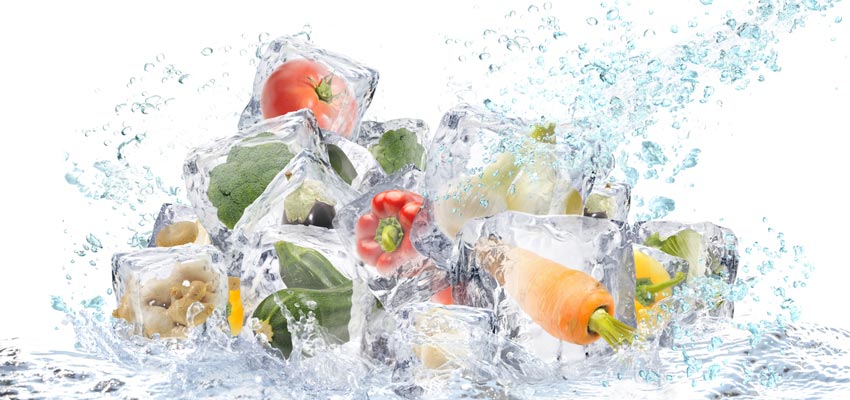The frozen food manufacturer Nomad Foods has commissioned a to investigate the effects of an increase in storage temperature on its products.
In a comprehensive study conducted in collaboration with the Cambden BRI organisation, the frozen food manufacturer Nomad Foods (‘Iglo’, ‘Findus’) investigated whether an increase in the storage temperature of frozen products from the usual -18°C to -15°C has a negative impact on the stability and quality of the products.
The study was carried out with the intention of reducing CO2 emissions. According to the scientists' calculations, an increase in storage temperature of just 3°C saves around 10% CO2. Typical frozen products such as poultry, breaded fish, vegetables and ready meals were examined.
The result was positive: even after 18 months of storage, no significant change could be detected at a minimum temperature of -15 °C compared to -18 °C. An exception was made for some vegetable products, where the best-before date had already been exceeded, with regard to the vitamin C content, which had decreased slightly during the storage period.
Nomad Foods CEO Descheemaker hopes that other frozen food manufacturers will join the ‘Move to -15°C’ initiative and calls for a short-term adjustment of EU regulations in the interest of climate protection.
YOUR PLUS: Make a small contribution to climate protection and save money on your electricity bill at the same time. Set your deep freezer to -15°C today.
Author: Dr Frank Mörsberger, AGROLAB GROUP

 Contact
Contact

 Contact
Contact Career
Career